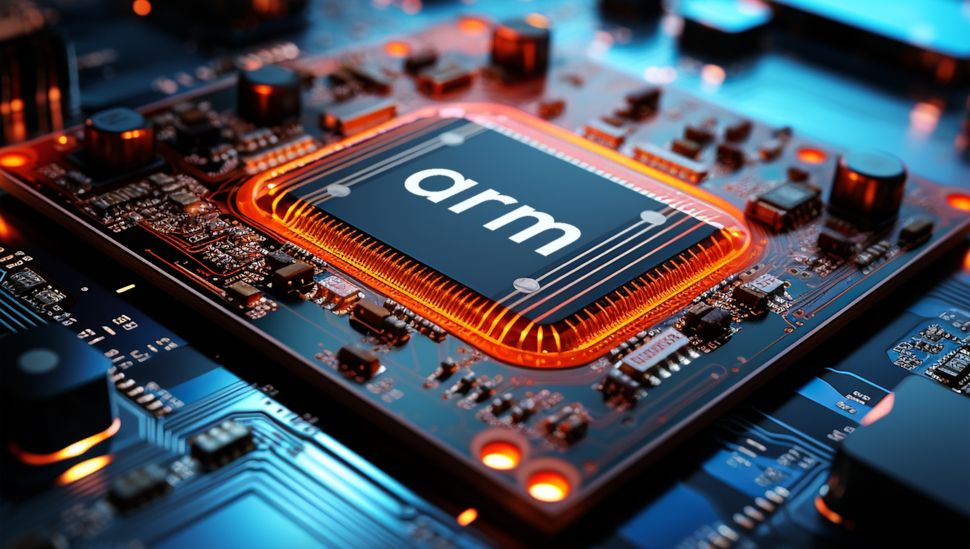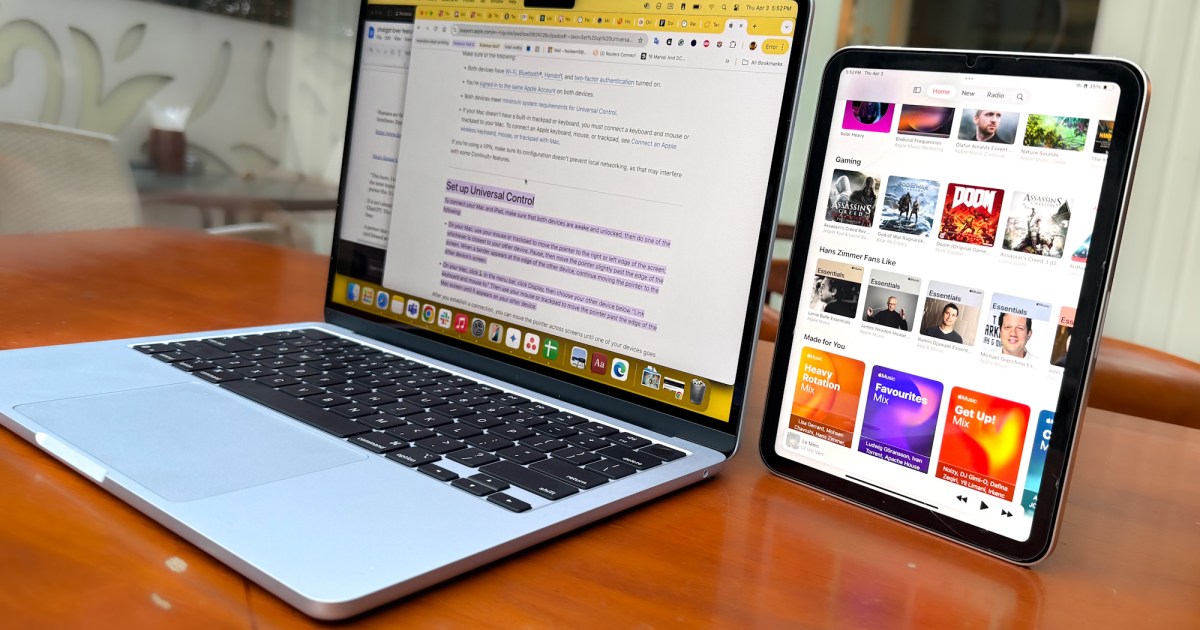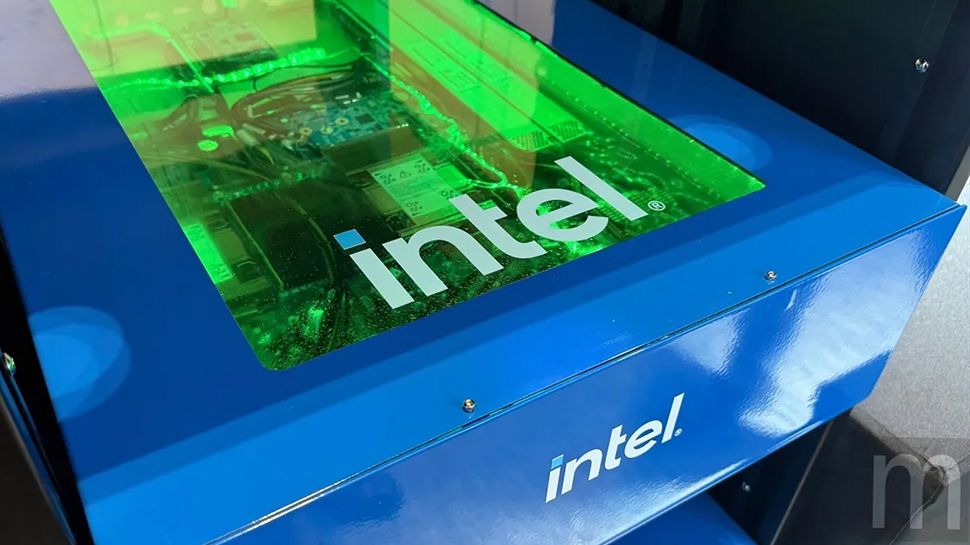
AWS, Google Cloud, Microsoft, and other major providers drive Arm's growth, reaching nearly 50% of total computing shipments.
The growing demand for artificial intelligence is driving the rapid rise of Neoverse architecture.
Arm has announced that its Neoverse platform is emerging as the preferred architecture for cloud computing, as companies like AWS, Google Cloud, and Microsoft Azure are driving a significant shift from x86 architecture to Arm-based solutions in the data center. According to Mohamed Awad, senior vice president and general manager of Arm’s infrastructure business, energy efficiency and scalability are redefining infrastructure in hyperscale environments.
Awad highlights that since the launch of Arm Neoverse just over six years ago, the need to deliver scalable performance through a flexible and energy-efficient computing platform has been recognized. As 2025 approaches, it is expected that around 50% of computing shipments to the largest hyperscalers will be Arm-based.
This growth is largely attributed to the rise of artificial intelligence (AI), which is transforming cloud infrastructure and explosively increasing demand for computing capacity. This has led hyperscalers to prioritize large-scale energy efficiency, designing data centers in gigawatts rather than megawatts, making efficiency a fundamental requirement rather than just a differentiator.
Furthermore, Arm’s computing platform provides its partners the flexibility to develop a new generation of custom silicon solutions, particularly for AI applications. An example is Nvidia’s Grace Blackwell superchip, which combines the accelerated computing architecture with Blackwell GPUs and the Neoverse-based Grace CPU, all interconnected through a high-bandwidth, coherent network, designed to achieve exceptional performance in AI workloads.
With ten of the largest hyperscalers in the world designing and using Arm-based chips, the future looks promising for the company. However, concerns exist about the possibility of Arm deciding to manufacture its own silicon, which could disrupt its relationship with partners. This has gained traction following SoftBank's acquisition of Ampere, an Arm-based chip manufacturer, raising concerns about potential direct competition from Arm in the growing data center market.




